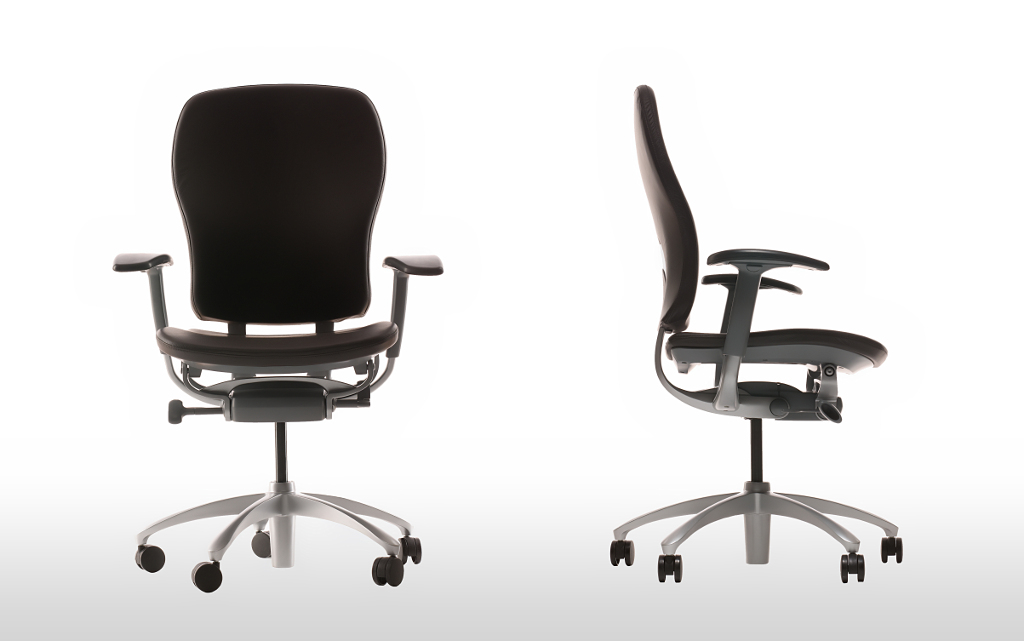Prohibit secondary activities

Secondary activities not always contrary to the interests of the business
The Sub-District Court in Haarlem has held that fact that an employee runs his own business as well as working for his employer will not necessarily give cause to rescind the employment contract. However, the employer does not have to accept restrictions on his utilisation of the employee as a result of secondary activities. According to the Sub-District Court, the determining factor is whether the employee’s performance at work suffers due to carrying out the secondary activities. An employer should investigate this issue before taking any other action.
The case under consideration
The employer was an equipment manufacturer. The employee had worked there since April 1998 as a welder/assembly engineer. In November 2004, the employee opened a hair salon on his own account. He ran the business with the assistance of two employees of his own. He did not tell his employer about this activity and during this period he took parental leave.
The employer became aware that the employee had started his own business and began to take action. He submitted an application to terminate the employment contract. In this application, the employer
argued that the employee’s secondary activities were contrary to the Collective Labour Agreement for Small and Medium Enterprises. This agreement provides that the employee is not permitted “to carry out work in respect of which the employer has informed the employee in writing, giving reasons, that it is not in the interests of the business.”
No proven link
The Sub-District Court rejected the application for rescission. It held that it had not been shown that there was a proven link between the employee’s secondary activities, which, furthermore, were not competing activities, his absence due to sickness and the parental leave he had taken. In this context, the Sub-District Court took account of the fact that the employee had two employees of his own and therefore his continual presence at his business was not required. In addition, the employer had not provided sufficient evidence to refute the assertion that the employee only went to the hair salon in his free time. All in all, it had not been satisfactorily proven that the hair salon run by the employee was contrary to the employer’s business interests.
The Sub-District Court added that it blamed the employer for jumping to conclusions too quickly. “It would have been reasonable for him to have first taken some time to see whether the employee’s performance and effort as a welder and assembly engineer actually suffered due to his activities in running his own business. If that had been the case, it would have provided grounds for rescission of the employment contract, as the employer is not required to accept that the employee’s subsidiary activities restrict his utilisation for the work that he has to carry out for his employer. However, it has not been shown that the employer allowed a reasonable period for further evaluation of the employee’s performance in this situation." (JAR 2005/124)

